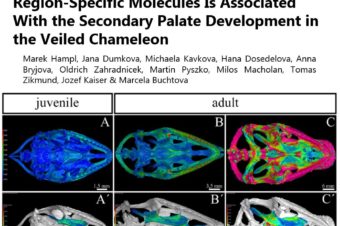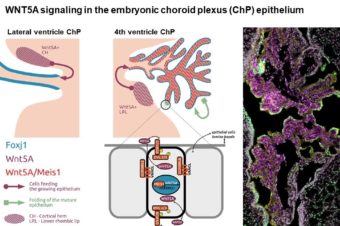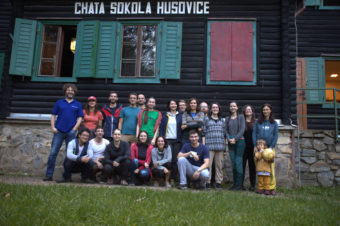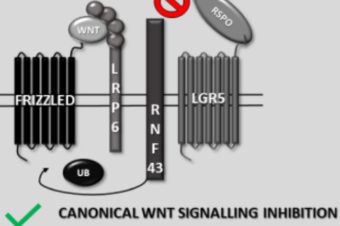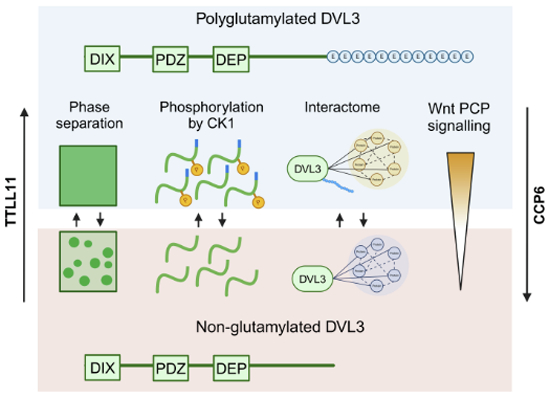
Abstract
Polyglutamylation is a reversible posttranslational modification that is catalyzed by enzymes of the tubulin tyrosine ligase-like (TTLL) family. Here, we found that TTLL11 generates a previously unknown type of polyglutamylation that is initiated by the addition of a glutamate residue to the free C-terminal carboxyl group of a substrate protein. TTLL11 efficiently polyglutamylates the Wnt signaling protein Dishevelled 3 (DVL3), thereby changing the interactome of DVL3. Polyglutamylation increases the capacity of DVL3 to get phosphorylated, to undergo phase separation, and to act in the noncanonical Wnt pathway. Both carboxy-terminal polyglutamylation and the resulting reduction in phase separation capacity of DVL3 can be reverted by the deglutamylating enzyme CCP6, demonstrating a causal relationship between TTLL11-mediated polyglutamylation and phase separation. Thus, C-terminal polyglutamylation represents a new type of posttranslational modification, broadening the range of proteins that can be modified by polyglutamylation and providing the first evidence that polyglutamylation can modulate protein phase separation.
Authors:
Marek Kravec, Ondrej Šedo, Jana Nedvědová, Miroslav Micka, Marie Šulcová, Nikodém Zezula, Kristína Gömöryová, David Potěšil, Ranjani Sri Ganji, Sara Bologna, Igor Červenka, Zbyněk Zdráhal, Jakub Harnoš, Konstantinos Tripsiane, Carsten Janke, Cyril Bařinka, and Vítězslav Bryja

